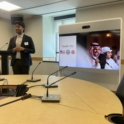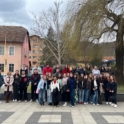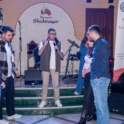Abdulaziz reflects on the highlights from serving as a mentor for CEW.
STORIES
YES Alumni Grant: Climate Change Storytelling Training
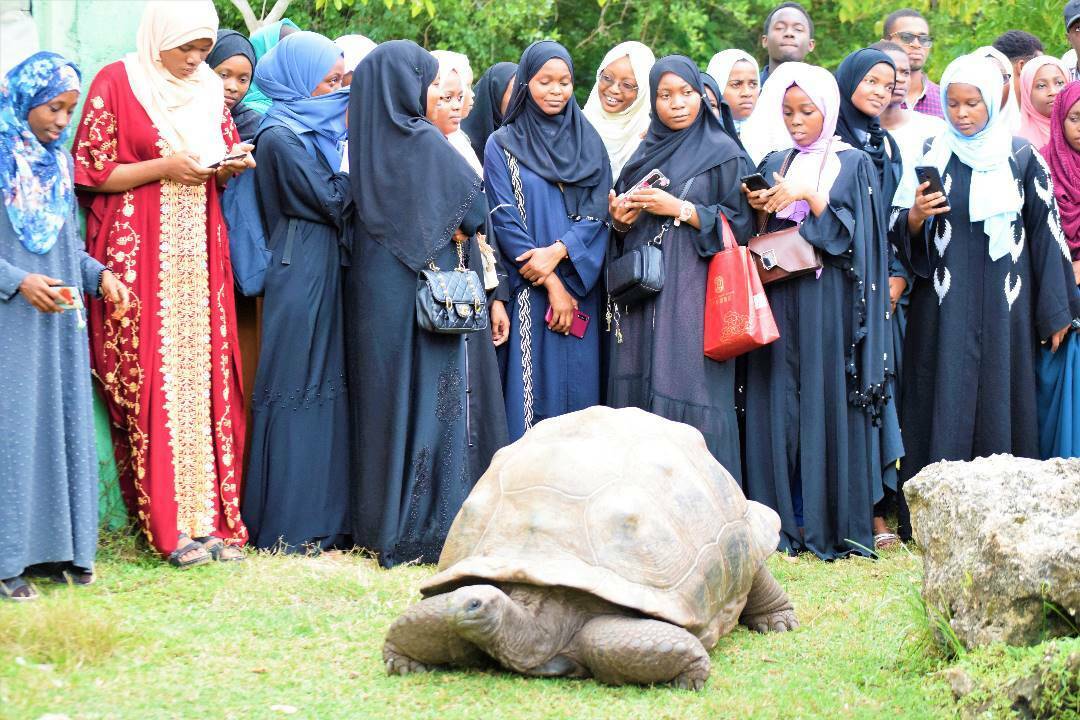
By Nabil Mussa (YES 2014-2015, Tanzania, placed by ACES in Davenport, IA)
My name is Nabil Mussa, hailing from the beautiful island of Zanzibar, Tanzania. I currently serve as Project Officer and Head of the Environmental Department at the non-profit organization Zanzibar Fighting Against Youth Challenges Organization, which works with youth to help overcome challenges and promote socio-economic development. I am in the final stages of completing my master’s degree in Climate Change and Natural Resources Management at the State University of Zanzibar.
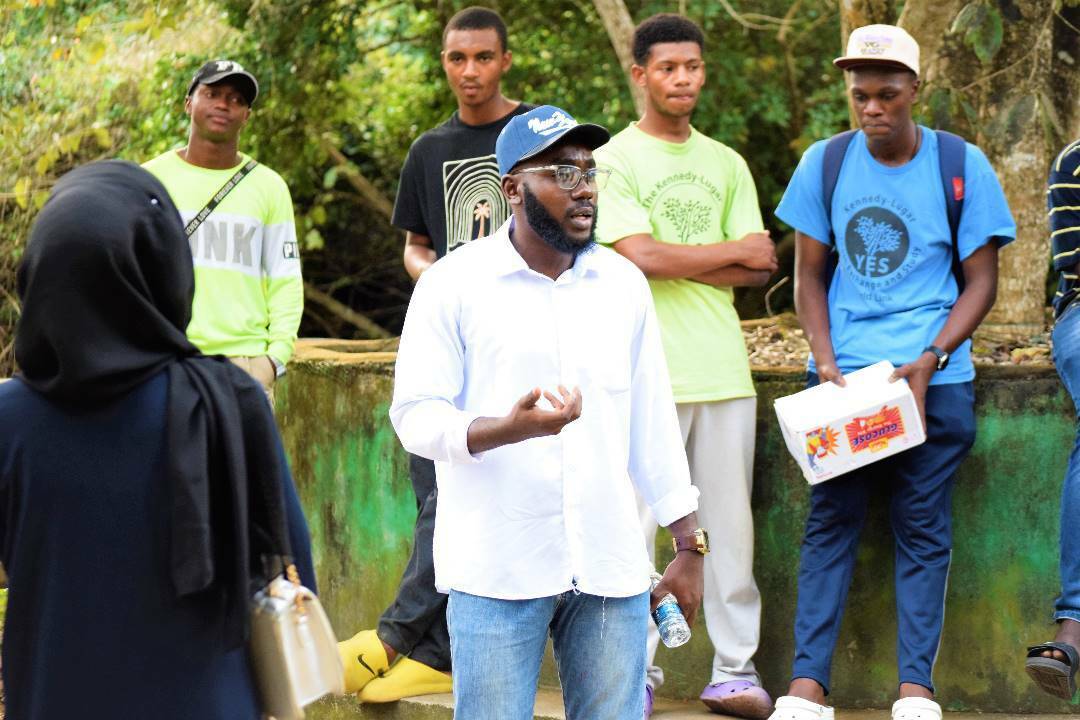
My journey has been shaped by a deep-seated passion for community service, fostered through many volunteering experiences, including during my transformative year-long exchange in the U.S. as part of the YES program. It was during this exchange that I had profound conversations with my host mother, often inspired by the daily news, which ignited a fervor in me for addressing climate change and environmental issues. These discussions led me to dedicate myself to the cause of safeguarding our planet Earth, which ultimately led me to apply for a YES Alumni Grant to implement the Climate Change Storytelling Training.
As a project manager with a professional background in climate change and environmentalism, this project holds immense personal significance to me. It was an opportunity for me to apply the knowledge I have acquired and share it with others, allowing us to make meaningful impact in our community. My community, a picturesque island state, is particularly vulnerable to the ravages of climate change, with key economic sectors, such as tourism and fishing, profoundly affected. I have noticed a significant gap in efforts to address climate change and environmental pollution among youth. And I firmly believe that climate journalism, a pivotal component of this grant initiative, plays a vital role in addressing one of the most urgent global issues.
The project encompassed three days of environmental advocacy and storytelling training for 100 youths, ages 15 to 25 in July and August 2023. Participants were educated about climate change and environmental issues, including the disappearance of species, waste management, and the impacts of climate change on our community. The second day delved into the concepts of storytelling, its significance, and how it can be used to address environmental problems. Participants learned about the storytelling process, with facilitators guiding them on how to visualize, create, tailor, and effectively share stories.
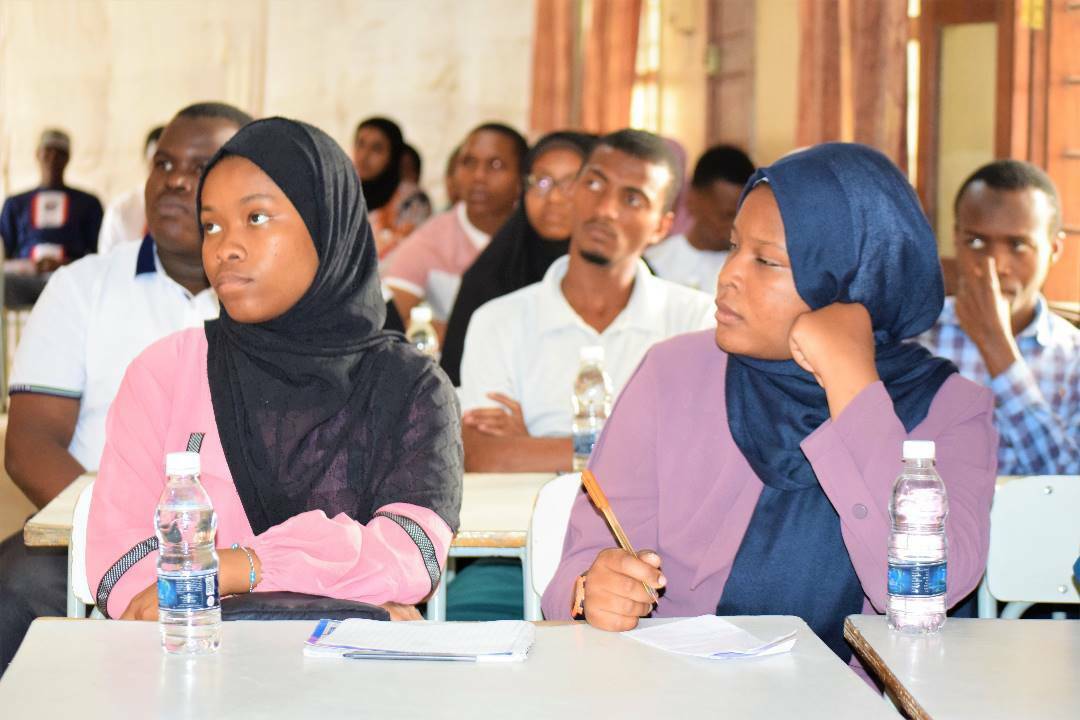
On the third day, we visited the Jozani Forest National Park, an area significantly affected by the impacts of climate change and environmental challenges. Amid the forest's lush surroundings, participants witnessed firsthand how forest animals and plant species are affected by climate change. Following this excursion, participants were divided into groups and tasked with creating stories about the forest's landscape, water sources, and species. These stories were presented in a final reflection session, where the project team, facilitators, and participants came together to share their experiences and insights.
On the third day, we visited the Jozani Forest National Park, an area significantly affected by the impacts of climate change and environmental challenges. Amid the forest's lush surroundings, participants witnessed firsthand how forest animals and plant species are affected by climate change. Following this excursion, participants were divided into groups and tasked with creating stories about the forest's landscape, water sources, and species. These stories were presented in a final reflection session, where the project team, facilitators, and participants came together to share their experiences and insights.
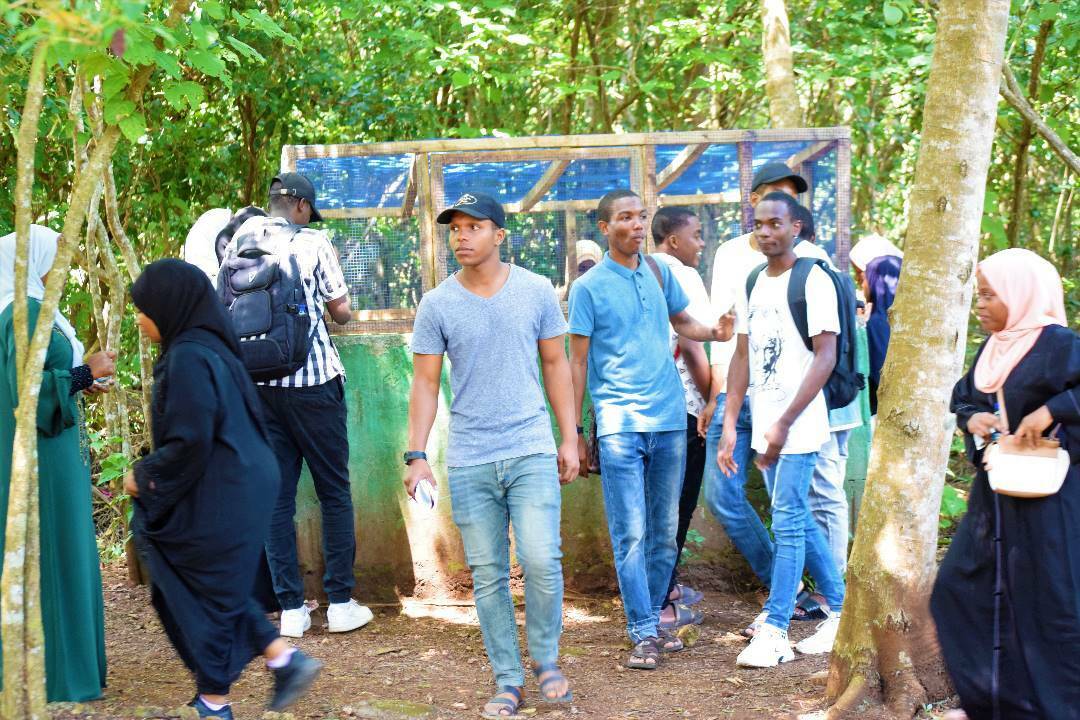
The results from the pre- and post-event survey revealed a significant knowledge and behavioral shift among the participants. Some expressed that, prior to this project, they viewed climate change and environmental challenges as something “distant,” confined to the pages of books. This transformation in perspective underscored the project's impact and the potential for change through awareness and education. The project was designed to be sustainable as the participants were taught content creation using their smartphones, providing them with an accessible way to continue generating content independently. The overarching goal was to empower as many young individuals as possible with content creation skills for environmental sustainability, ensuring their active involvement in the fight against the climate crisis.
I am deeply grateful to the U.S. Department of State, Bureau of Educational and Cultural Affairs, for funding this project and to the YES program for the unwavering support. Special thanks to the Zanzibar Youth Empowerment Organization for the assistance in recruiting participants, and a special note of appreciation to my dedicated project team, who supported me tirelessly from the project's inception to its successful conclusion. We received exceptional feedback from participants and garnered significant attention on social media, effectively raising awareness about critical environmental issues and climate change.


